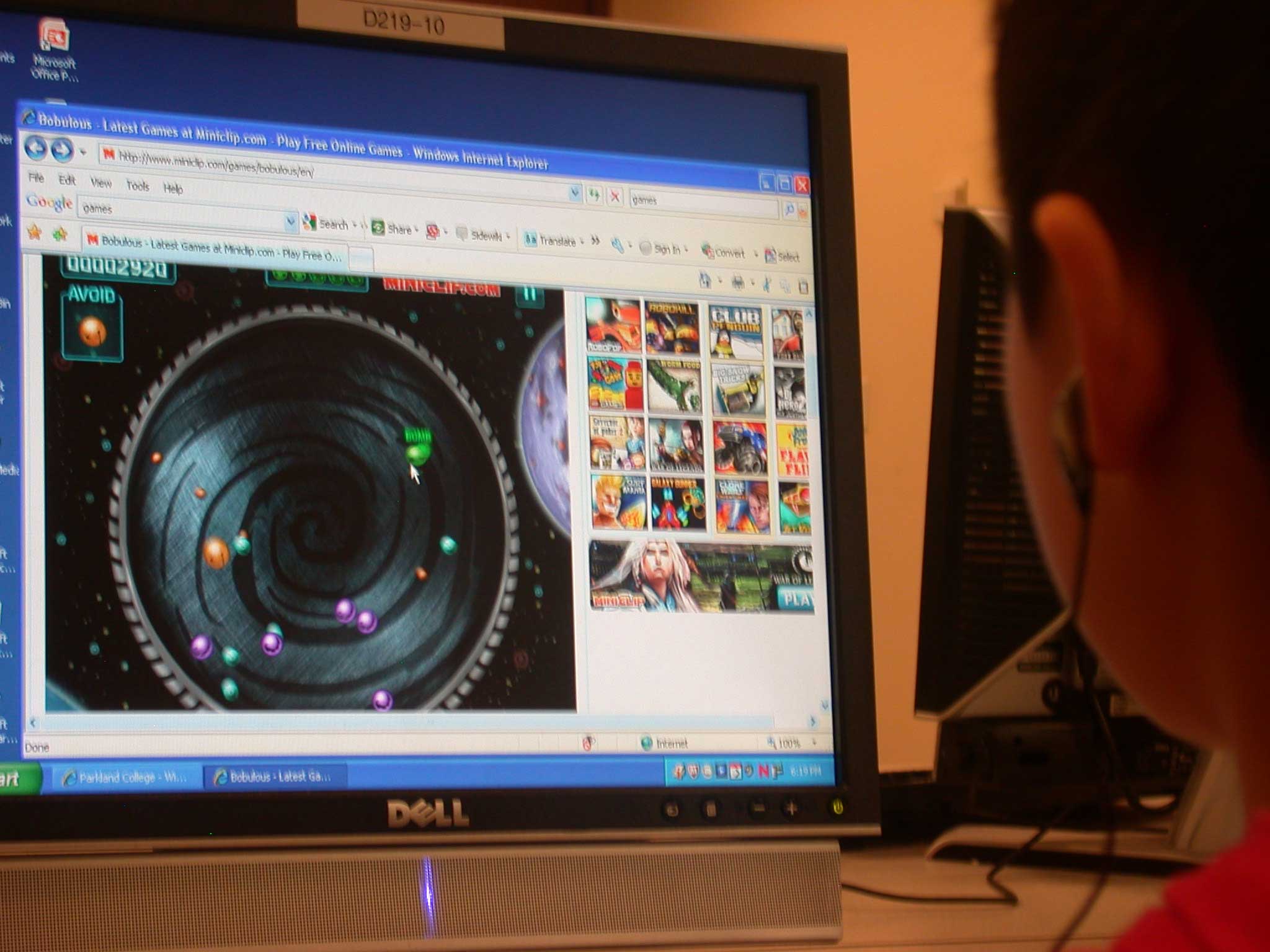|
This article chooses YouTube to exemplify the potential of Web 2.0 technology in the prewriting stage because YouTube is not as frequently discussed in the composition field as wikis, blogs, and podcasts; it has, however, great potential to motivate students to generate ideas in the prewriting stage. Through sharing YouTube videos with students, instructors who practice student-centered pedagogy potentially empower students to participate in social dialogues that engage diverse voices.
Since invention is a social act, it needs to be taught from a social point of view to foster collaborative and productive learning. As a tool that aims to promote democracy in voices, YouTube has a potential in academia and should be related to composition teaching to reveal its strength.
Web 2.0 tools such as wikis, blogs, and podcasts all invite collaboration, and their potential in the prewriting stage can be examined in similar ways. Other than prewriting, many Web 2.0 tools empower students and foster positive learning during the writing and revising stages. Currently, the writing classrooms in US colleges are a composite of new technology, new students, and the traditional writing process approach. The need to apply innovative pedagogy to assist students at different writing stages to accomplish positive learning is urgent. However, the incorporation of technology should not be a careless and imprudent decision to follow the digital tide. Technology itself does not promise successful teaching. It needs to be used with an effective pedagogy to maximize its potential for successful learning and teaching. Composition instructors, among many of whom still apply the writing process, need to reexamine students’ needs and their learning styles in this digital era to readjust their pedagogical practices so that they can make rational choices to foster students’ learning. in the prewriting stage can be examined in similar ways. Other than prewriting, many Web 2.0 tools empower students and foster positive learning during the writing and revising stages. Currently, the writing classrooms in US colleges are a composite of new technology, new students, and the traditional writing process approach. The need to apply innovative pedagogy to assist students at different writing stages to accomplish positive learning is urgent. However, the incorporation of technology should not be a careless and imprudent decision to follow the digital tide. Technology itself does not promise successful teaching. It needs to be used with an effective pedagogy to maximize its potential for successful learning and teaching. Composition instructors, among many of whom still apply the writing process, need to reexamine students’ needs and their learning styles in this digital era to readjust their pedagogical practices so that they can make rational choices to foster students’ learning.
Selfe (2009) says that “the time is over when teachers can acquire one kind of literacy—usually, in the case of English composition teachers, alphabetic literacy … they must become adept at learning new literacies, at accumulating the understandings of different kinds of literacies—on an ongoing basis (p. 256). With such a call to develop literacy skills on the part of educators, we, as composition instructors, need to explore, practice, and share innovative teaching.
|

 in the prewriting stage can be examined in similar ways. Other than prewriting, many Web 2.0 tools empower students and foster positive learning during the writing and revising stages. Currently, the writing classrooms in US colleges are a composite of new technology, new students, and the traditional writing process approach. The need to apply innovative pedagogy to assist students at different writing stages to accomplish positive learning is urgent. However, the incorporation of technology should not be a careless and imprudent decision to follow the digital tide. Technology itself does not promise successful teaching. It needs to be used with an effective pedagogy to maximize its potential for successful learning and teaching. Composition instructors, among many of whom still apply the writing process, need to reexamine students’ needs and their learning styles in this digital era to readjust their pedagogical practices so that they can make rational choices to foster students’ learning.
in the prewriting stage can be examined in similar ways. Other than prewriting, many Web 2.0 tools empower students and foster positive learning during the writing and revising stages. Currently, the writing classrooms in US colleges are a composite of new technology, new students, and the traditional writing process approach. The need to apply innovative pedagogy to assist students at different writing stages to accomplish positive learning is urgent. However, the incorporation of technology should not be a careless and imprudent decision to follow the digital tide. Technology itself does not promise successful teaching. It needs to be used with an effective pedagogy to maximize its potential for successful learning and teaching. Composition instructors, among many of whom still apply the writing process, need to reexamine students’ needs and their learning styles in this digital era to readjust their pedagogical practices so that they can make rational choices to foster students’ learning.